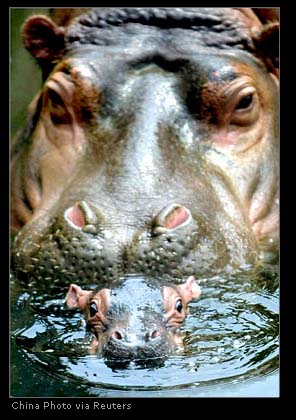Poll Position
I've been watching the presidential poll numbers since January and have learned quite a bit about how they are essentially useless in predicting the actual outcome of the election. They do shed a lot of light on things like a candidate's relative strengths on certain issues or in certain battleground regions. For instance, the GOP is running on terrorism - the only issue that the polls have consistently shown Bush having a clear advantage against Kerry.
On actually picking the winner, though, they are useless. Over at electoral-vote.com, you can see an analysis of the polls leading up to the 2000 election. In the three weeks prior to the Great Dispute, only two of the fifteen polls had Al Gore winning the popular vote. As we all know, he won the PV by 500,000, or one-half of one percent. Granted, in a race that close some of the polls would be wrong. But 11 of 15 had Bush winning by at least two points. The difference in poll results should have been evenly divided, not skewed towards one result over another.
So what can we learn from this? First, polls are highly unreliable within the margin of error. All polls list the margin of error - which to put roughly - states that the percentages for each candidate will be within, for example, 3 points of the poll 95 percent of the time. So what does that tell us? Well, when it's a tight race it tell us that you really can't tell if George Bush's four point lead is a one point lead or a seven point lead. That six point difference is several million votes in a national election.
Interestingly, when you have a multitude of polls that are consistently wrong in the same way (i.e. overstating Bush's PV advantage), it does suggest that there may be built-in problems with the polling process that consistently generates similarly mistaken results.
So, are the polls repeating the mistakes of 2000? Are they oversampling republicans and undersampling democrats? Are they completely missing segments of the population that have a distinct partisan preference? These are all important questions that pollsters should be asking themselves. Remember, the 2000 chaos began when election day exit polls showed Al Gore winning Florida early in the evening, then all of sudden shifting later in the evening when a mistake was found in the sample used in the exit polls.


0 Comments:
Post a Comment
<< Home